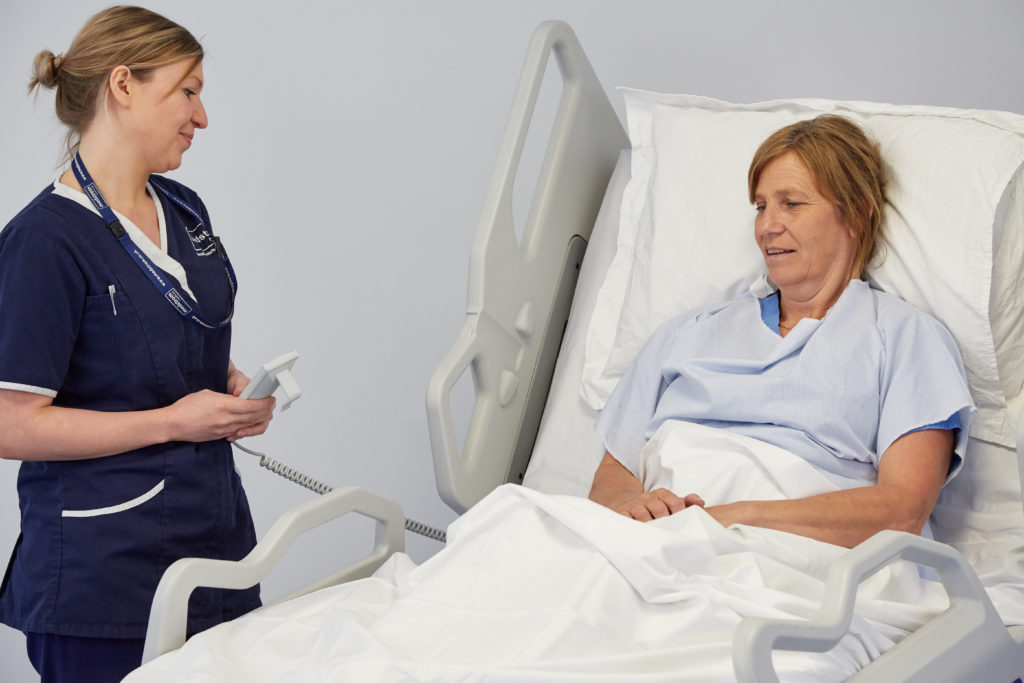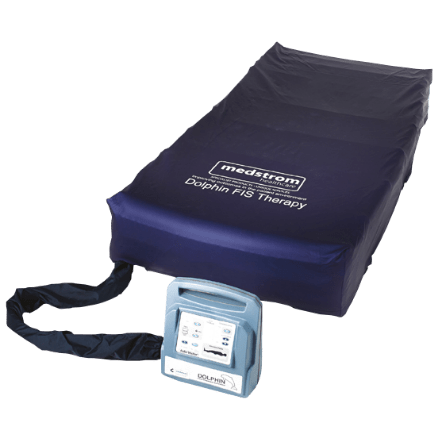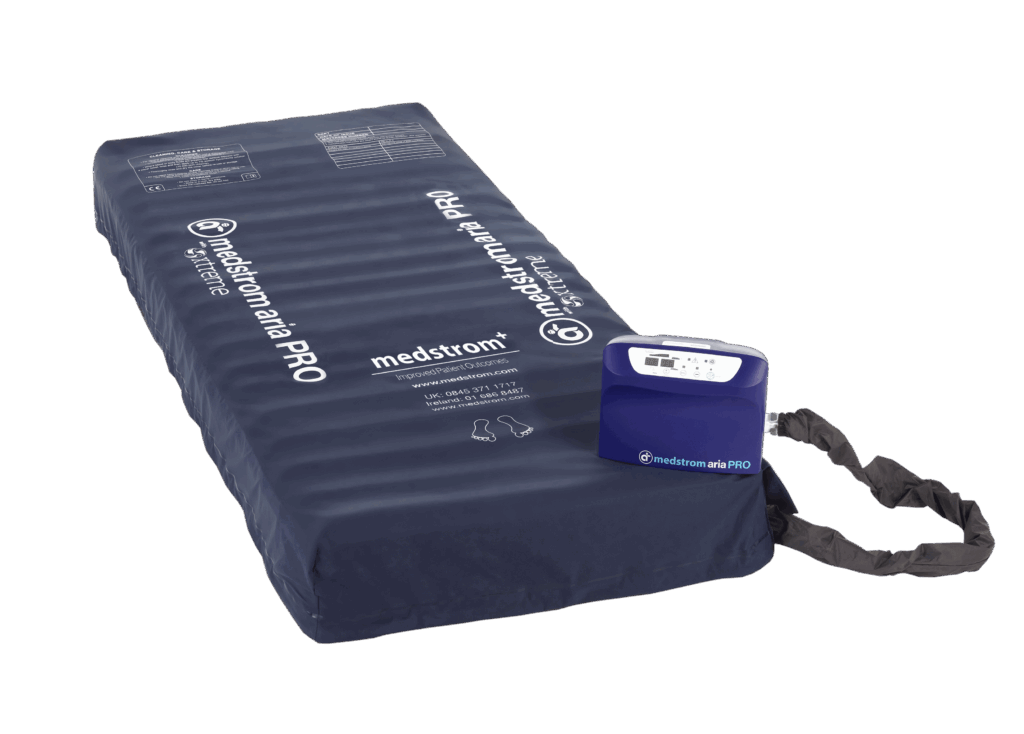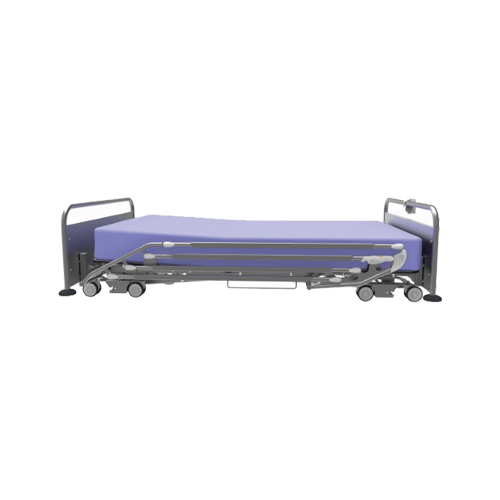
Maintaining Dignity and Enabling Independence in Plus-size Patients
Hospital admission is stressful for everyone, but for plus-size patients it can be particularly daunting. The person may have been managing well at home, comfortable with their own equipment and routines. But on admission to hospital, equipment may be unavailable or unsuitable and normal routines may totally cease. Added to this is any weight-based discrimination they are worried they might experience.
The 2021 Women and Equalities Committee’s report on body image,1 in its summary stated “We have been hugely saddened to hear of the number of people who have faced appearance and weight-based discrimination when accessing NHS services. The use of BMI inspires weight stigma, contributes to eating disorders, and disrupts people’s body image and mental health. Public Health England should stop using BMI as a measure of individual health, and instead focus on a ‘Health at Every Size’ approach”.
The focus for caring for plus-size patients should therefore be centred around dignity and enablement. An emphasis on BMI and weight is more likely to increase anxiety. It can also reduce trust, communication and compliance to advice and / or treatment. This could result in the person being less likely to seek medical attention in the future.2
Dignity and Enablement for every Plus-size Patient
In England in 2018/19 there were 876,000 hospital admissions where obesity was recorded as the primary or secondary diagnosis, up from 711,000 in 2017/18.3 As the number of plus-size patients admitted rises, access to suitable equipment in a timely manner can be extremely difficult to plan and manage. A patient’s needs may rapidly change, which will very likely mean the equipment supporting them should also be changed.
When the patient is admitted, it is vital to understand how they manage at home in order to meet their needs in hospital. This includes finding out what equipment they use and how it helps them. Safe, early mobilisation plays a central role in recovery and quality of life, but this can only be achieved with the correct equipment in place. A plus-size patient should not be discharged from hospital less mobile than prior to admission solely because the right equipment was not available for them in hospital.
A common problem is a lack of suitable moving and handling equipment to help a recovering patient mobilise safely. Many beds designed for plus-size patients do not have a sufficiently low platform height for safe mobilisation. And even if the bed does go low enough, a lack of other bariatric equipment (for example a suitable chair, commode/shower chair, walking frame) may hinder or prevent the patient from mobilising, and as a result, slow their recovery.
Discharge of plus-size patients from hospital can be delayed if equipment they will need at home isn’t available. If a patient’s mobility has deteriorated following their hospital admission, they may need extra equipment which they didn’t need or have at home prior to hospitalisation. A seamless transition from hospital to home is extremely important for the patient both physically and psychologically.
In summary, every plus-size patient should have access to the right equipment at the right time. A fast response, one-stop-shop bariatric equipment rental service such as Medstrom Select enables this to happen. Stepping equipment up and down to cater for the patient’s changing physical and emotional needs is key to maintaining dignity, promoting and enabling independence and developing a strong, trust-centred patient / caregiver relationship.
View Our Range of Bariatric Equipment
References
- House of Commons Women and Equalities Committee. Changing the perfect picture: an inquiry into body image, 2021. Accessed online 23rd April 2021.
- Larmie, N. (2021). Scrap the BMI and stop focusing on weight loss. Accessed online 23rd April 2021.
- NHS Digital, Statistics on Obesity, Physical Activity and Diet, England, 2020. Accessed online 20th April 2021.












